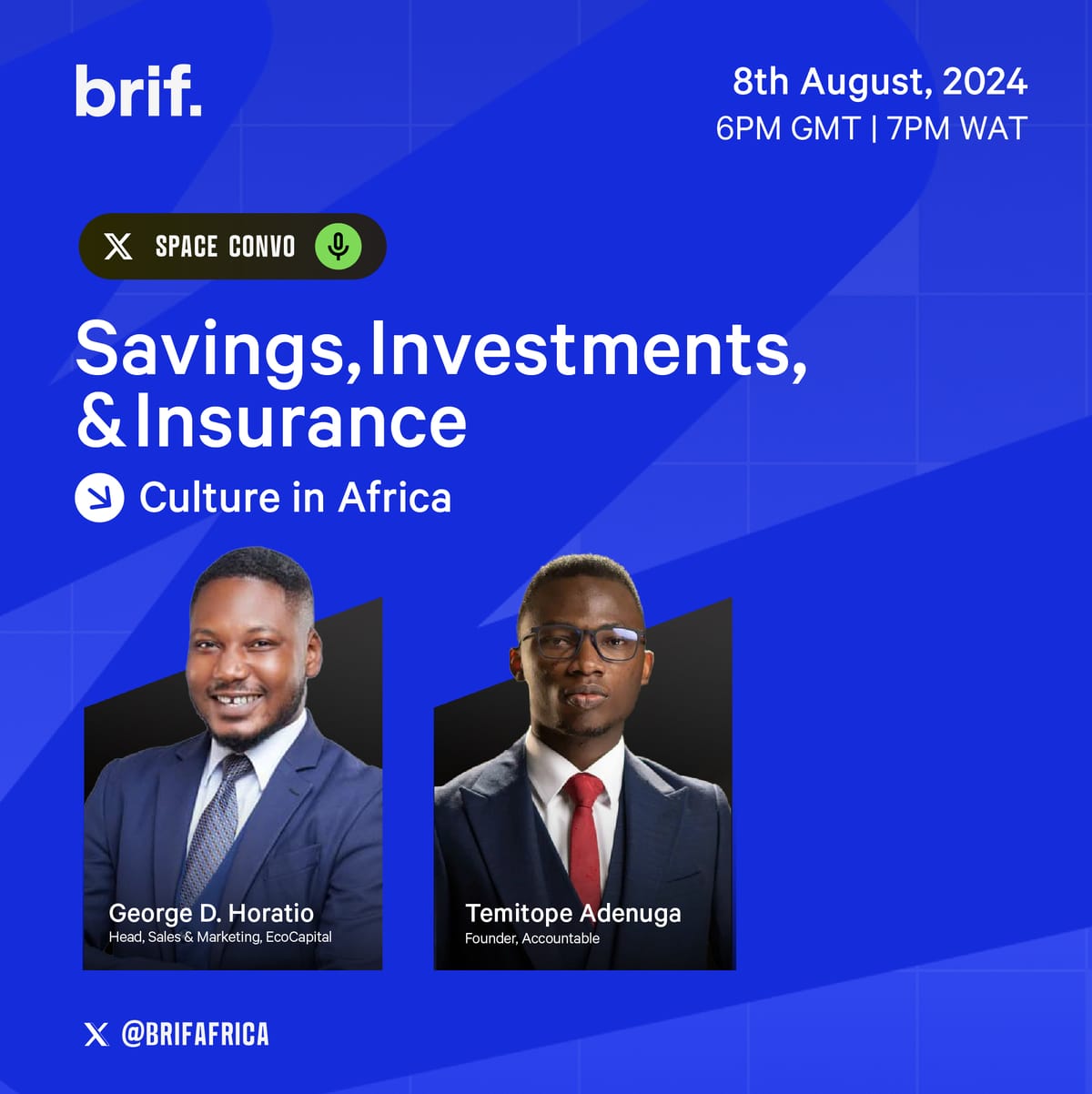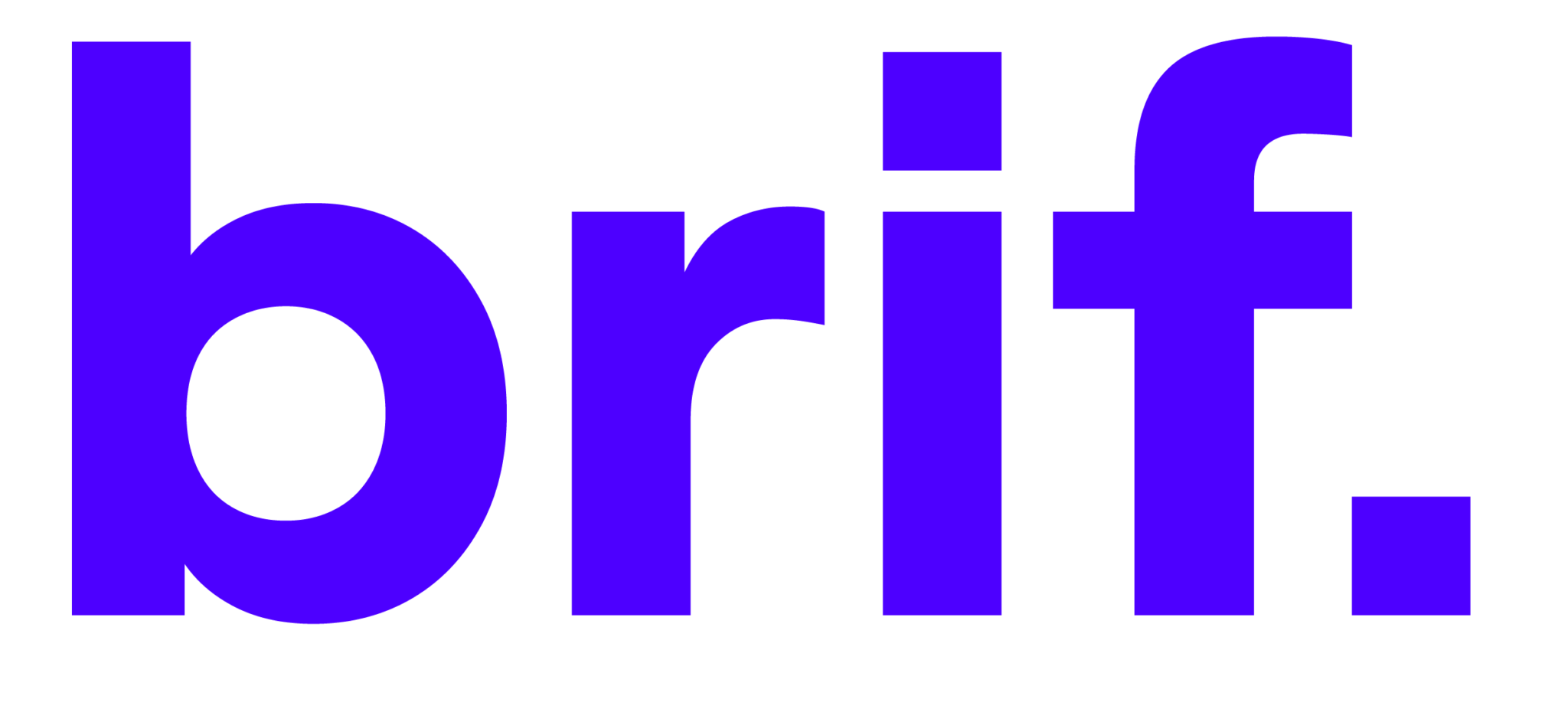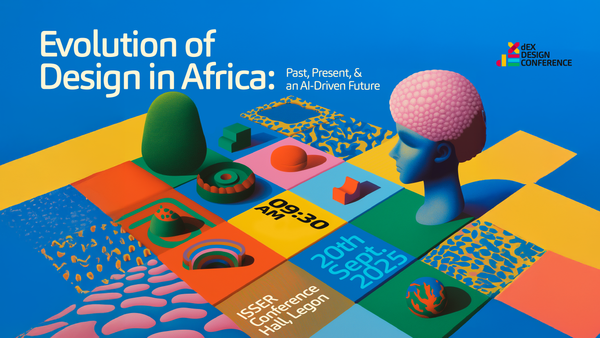Let's Talk: Savings, Investments, and Insurance Culture
Let's talk about how we can boost our financial empowerment through savings, investments, and insurance. It's time to debunk misconceptions, ramp up our investment game, and truly thrive financially as Africans. Two top experts gave us a road map we can take advantage of. Let's dive in!

Personal financial success is a global objective, but currently, the gross domestic savings as a percentage of GDP for Africa is around 17.8%, against the global average of 23.91%. We, at Brif, had the honor of hosting impactful spaces featuring two brilliant minds, Temitope Adenuga, founder at Accountable, and George D. Horatio, the head of Sales and Marketing at Eco Capital. They shed light on the potential causes of this deficit, and how we can bridge it on a personal level.
Do you often find yourself wondering how to be financially independent, and how to make your money grow? You're not alone. A lot of us desire to improve our financial status but lack the proper resources and knowledge to do so. That’s what Brif aimed to address. Temi and George highlighted the various financial instruments, the ups and downs of financial planning, and how to select the best one as per your objective.
A Quick Recap
As Africans, statistics show we have a low savings culture. A major contributor to this is there exist some myths around savings, investments, and Insurance, which deter the populace from engaging in them and, consequently, being a step closer to being financially secure. We got to debunk these myths and gain insights on how to employ some of these tools.
Temi looked at this through 3 main lenses: habits, knowledge, and the Dunning-Kruger effect
- Habits
Myth: How to save involves making money, taking a portion of it, and stashing it somewhere. Repeat
Debunked: Financial growth and savings are a habit. What plagues most people is building a habit. Therefore, simply put, it's a habit you cultivate, rather than an action you take.
Prioritise savings, then let other financial commitments follow.
Also, set up an emergency fund(safety net) and build it before the savings.
- Knowledge
Myth: With investments, I don't have enough left over to invest
Debunked: Investments involve making your money work for you.
Myth: Focus on areas promising the biggest returns
Debunked: Be realistic. Choose vehicles that make sense to you. eg financial markets, treasury bills, equity investments, etc
- The Dunning-Kruger Effect
This is a tendency to overestimate your knowledge levels and underestimate your ignorance.
Seek knowledge. Grow.
Daniel showcased some challenges that we have on various levels that hinder our growth in savings
- On a national level
Most African countries are victims of high consumption patterns, as well as rampant corruption in public sectors.
Besides, high taxation regimes mean that companies record dismal profit margins, which limits growth
There are no incentives for savings
- At household level
Rural areas are unexposed to financial services institutions
Most people are comfortable with informal type savings like merry-go-round savings
Lack of Financial Literacy
The more we hear, the more we're able to do. Improving our financial literacy will aid in encouraging our savings culture.
There are a ton of financial services providers at play, and it's imperative to understand the roles of each one to determine where your money will bring the most value to you. Some of the highlighted players are:
- Commercial banks
- Investment banks
- Asset Management Funds
- Insurance Companies
- Security and brokerage firms
- Digital lending platforms
Savings are for short-term financial needs and should be non-negotiable. Daniel couldn't have put it clearer: it's the part of your earnings that belongs to your future. So make your future self proud and get a solid savings plan going! Investments, on the other hand, are long-term and have the potential to earn you returns in time.
Don't forget about insurance, which protects against potential financial losses
Financial literacy is crucial if you're looking for personal financial success.
If you missed out on this Spaces session, find it here and learn more about cultivating this culture, knowing the right service provider to choose, and learning from the best in the business (and fellow proud members of the ever-growing Brif community!).
Join in the conversation here and let's grow in the know together.
We can't wait to see you at our next Spaces event!




